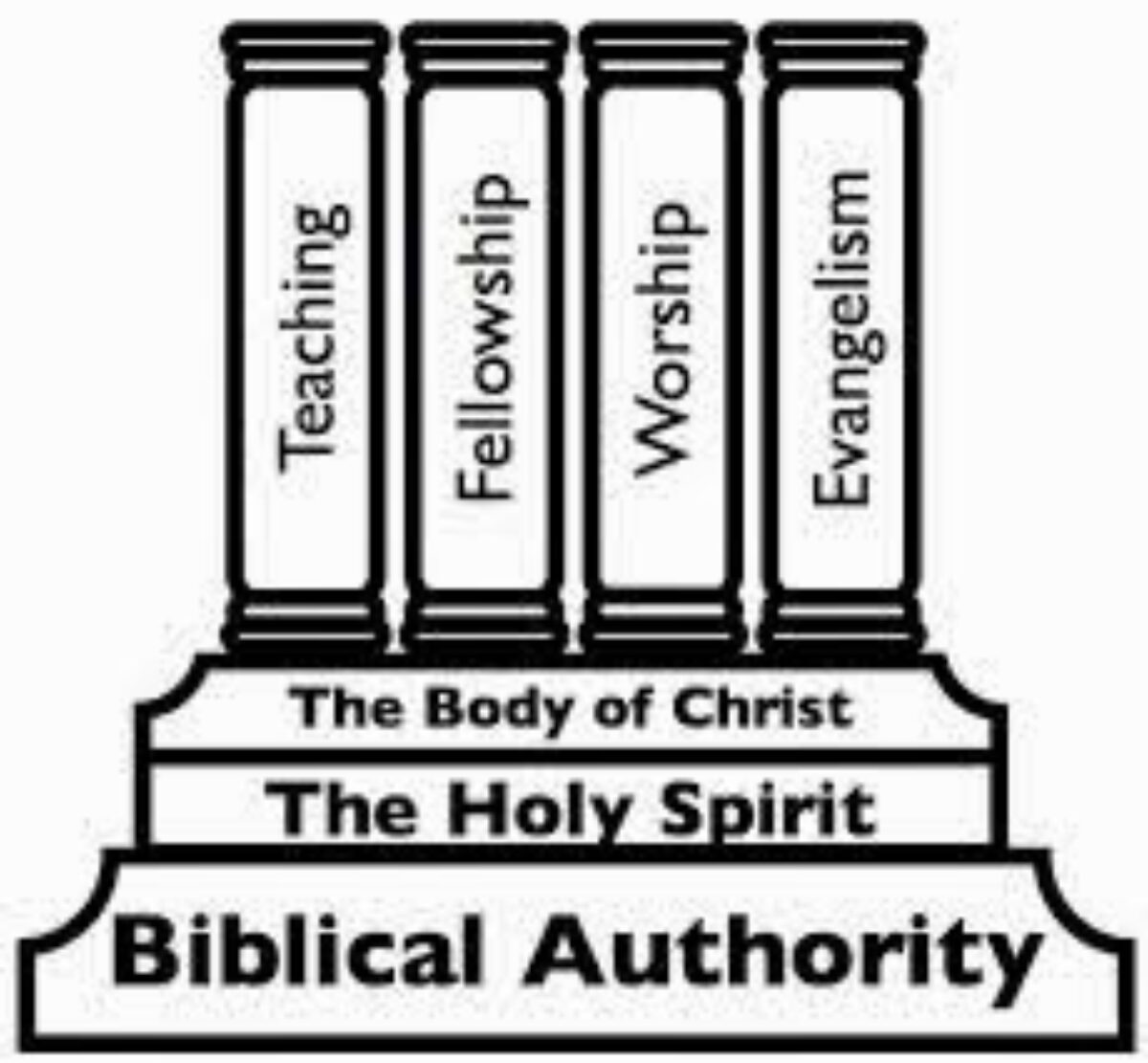In the Christian faith, the concept of “fearing God” is central to a believer’s relationship with their CREATOR. The Bible speaks of fear in various ways, but when it comes to God, there is a distinction between the terror that might arise from sin and the reverence that reflects awe and respect for the Divine. This article explores the biblical meaning of the fear of God, particularly as reverence, and examines how it influences prayer and the life of the believer.
The Bible frequently commands followers to “fear the Lord” (Psalm 111:10). However, this fear is not one of terror, as if God were a tyrant seeking to punish HIS people. Rather, it is a fear rooted in awe, reverence, and respect. This kind of fear is foundational to understanding God’s will and living rightly in HIS sight.
The fear of God is, in essence, a deep awareness of God’s holiness, majesty, and justice. It involves recognizing HIS power and authority over all creation, including our lives.
Prayer is one of the most intimate ways a believer engages with God, and the fear of God enhances both the quality and sincerity of prayer. The New Testament encourages us to approach God in prayer with reverence and awe. (Hebrews 4:16) calls believers to approach God’s throne of grace “with confidence,” but it is crucial to remember that this confidence is grounded in Christ’s mediation and not in any presumption about one’s own worthiness. Prayer, then, is not only an act of petition but an expression of reverence for God’s sovereignty and holiness.
The fear of God influences prayer by shaping the believer’s attitude. It fosters humility, as prayer becomes an acknowledgment of dependence on God rather than a demand for self-satisfaction. In addition, the fear of God in prayer leads to greater sincerity and transparency. When we truly recognize God’s greatness, we are less likely to treat prayer casually or as a mere ritual. Instead, prayer becomes a genuine conversation with the CREATOR, an acknowledgment of HIS power, and a longing for HIS will to be done on earth as it is in heaven. The fear of God compels us to examine our hearts, ensuring that our prayers are not hindered by sin or hypocrisy.
While the fear of God is foundational to a believer’s relationship with HIM, it is not opposed to love. In fact, the fear of God and love for God are complementary aspects of the Christian faith. There is no fear in love. But perfect love drives out fear. This does not imply that the believer should no longer fear God, but rather that as our relationship with God deepens through love, our fear becomes a reverent awe rather than a terror of judgment.
The love of God in the believer’s heart enables a greater appreciation of HIS mercy and grace. As the believer matures in their faith, their fear of God transitions from an initial awareness of HIS holiness and justice to a deeper, more profound reverence that is grounded in the knowledge of HIS love and sacrifice in Christ. Jesus HIMSELF, though revering the FATHER in prayer, also modeled a relationship of intimate love and trust.
Ultimately, the fear of God and love for God cannot be separated. The more a believer comes to understand God’s holiness and righteousness, the more they will recognize HIS love, expressed through the person and work of Jesus Christ. This dual awareness—of God’s majesty and HIS love—leads to a life of both reverence and devotion, where prayer becomes a reflection of both awe and love.
The fear of God, influences moral decision-making, fosters humility, and drives a life of prayer. Prayer, as an expression of reverence, is elevated by the fear of God, leading to greater sincerity and alignment with HIS will. Furthermore, the fear of God and love for God coexist harmoniously in the Christian life, with the believer learning to fear God not out of terror but out of a deep reverence for His holiness and love.
As (Psalm 34:9-10) reminds us, “Fear the Lord, you HIS holy people, for those who fear HIM lack nothing.” It is in this reverent fear of God that believers find the fullness of their relationship with HIM and the transformative power of prayer.
Psalm 111:10
New International Version
10 “The fear of the Lord is the beginning of wisdom; all who follow his precepts have good understanding. To him belongs eternal praise.”
Psalm 111:10
King James Version
10 “The fear of the Lord is the beginning of wisdom: a good understanding have all they that do his commandments: his praise endureth for ever.”
Hebrews 4:16
New International Version
16 “Let us then approach God’s throne of grace with confidence, so that we may receive mercy and find grace to help us in our time of need.”
Psalm 34:9-10
New International Version
9 “Fear the Lord, you his holy people, for those who fear him lack nothing.
10 The lions may grow weak and hungry, but those who seek the Lord lack no good thing.”


